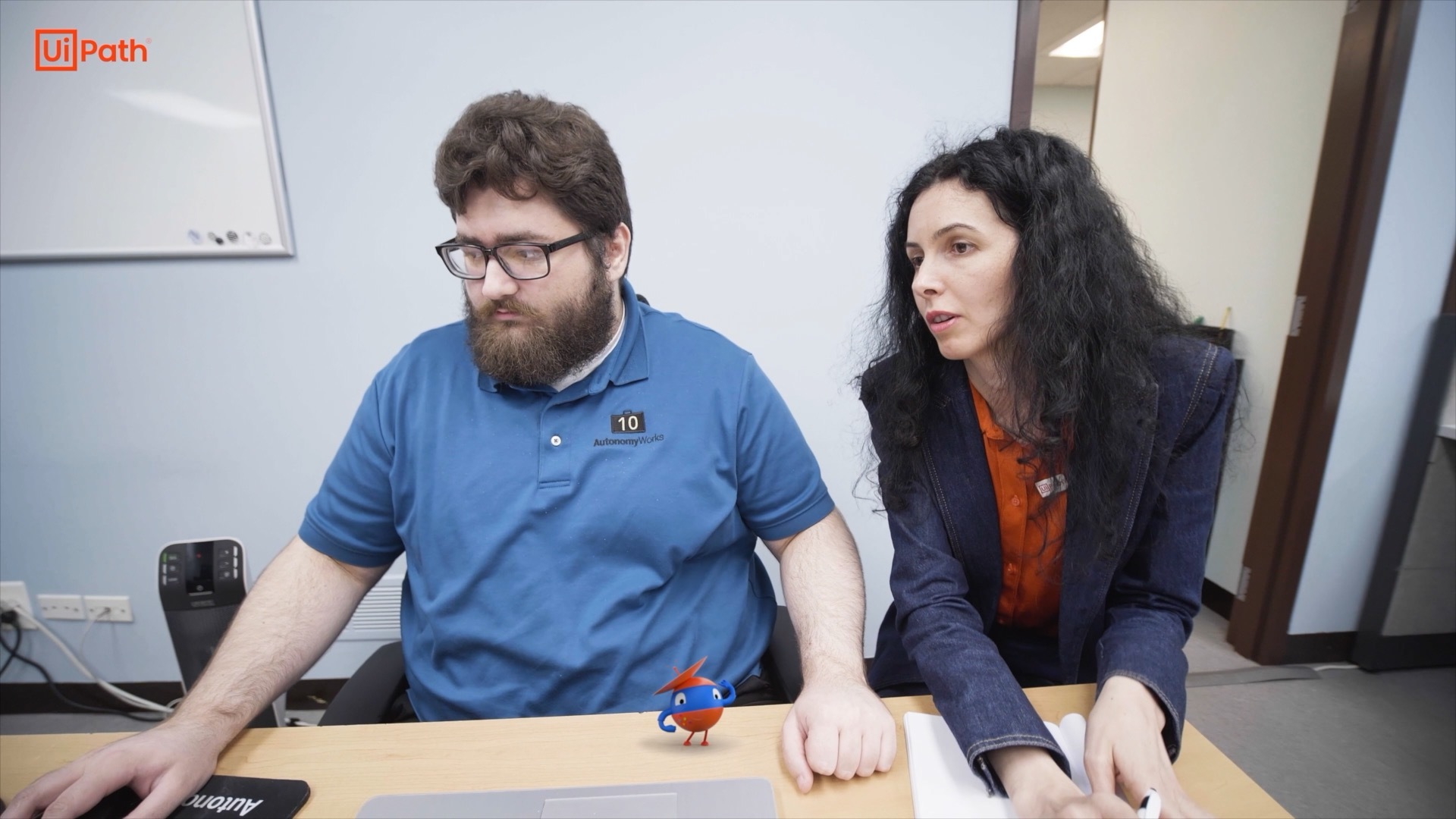Why neurodiverse individuals play a vital role in building inclusive and ethical AI
Why neurodiverse individuals play a vital role in building inclusive and ethical AI

As we wrap up July and Disability Pride month, we're reminded that a commitment to support differently abled people and neurodiversity shouldn’t be restricted to calendar observances. We should embrace it throughout the year, defining how we operate as businesses, teams, and individuals. Embracing neurodiversity doesn't merely speak to our capacity to accept differences, but also our determination to celebrate them. Not for a month or a moment, but as an ongoing foundational pillar of every enterprise.
It's in this context that we consider artificial intelligence (AI), which is not merely a product of technical advances. Rather, it is an embodiment of our societal values, ethical norms, and collective intellect.
Finding ourselves in the midst of unprecedented change, a timeless saying comes to mind: with great power comes great responsibility. Will we create AI that’s a force for good, or one that magnifies existing biases?
There’s no one-size-fits-all solution for building inclusive and ethical AI. But including diverse perspectives during development is a great start. This is where neurodiverse individuals can play a transformative role; along with bringing valuable skills to the table, they can ensure that AI applications cater to a wide range of users.
The wide-ranging benefits neurodiverse individuals bring to AI development
Neurodiverse individuals bring unique skills to the table
Many neurodiverse individuals can make great contributions to AI development. Some neurodiverse individuals have a strong attention to detail, which is invaluable for tasks like data cleansing. And the ability to spot subtle patterns and stay focused for long periods of time shines during data labeling.
The unique aptitude of some neurodiverse individuals for detail orientation, pattern recognition, and focus during seemingly repetitive analysis helps ensure the training data used to develop AI models…is highly accurate and less susceptible to typical human biases.”
Kiersten Todt and Peter Kant, Center for Strategic and International Studies
But AI development requires more than just crunching large datasets—it also demands creative problem solving. Research has found that many neurodiverse individuals excel here, too. Their 'outside-the-box' thinking can unlock novel solutions to stubborn problems. This is particularly advantageous when tackling complex AI challenges, like building algorithms that recognize intricate patterns or designing models that can adapt to situations outside their training.
A wider range of perspectives leads to more inclusive AI
Along with the in-demand skills many neurodiverse individuals possess, their unique perspectives can also help ensure that AI systems meet the needs of people with different abilities.
Neurodiverse individuals can provide firsthand feedback on the accessibility of AI tools and make sure that people with a range of abilities can use them effectively. Furthermore, they have the potential to enhance AI’s emotional intelligence. They can be instrumental in training AI models to recognize and respond to a wide range of emotions.
To sum up, while diverse testing of AI tools is valuable, it’s much more effective to include people with different abilities during the development process. Doing so ensures that AI is built to be inclusive from the get-go.
But including neurodiverse individuals in the AI development process does more than just promote inclusive AI. It also opens up a huge untapped labor pool, which companies today sorely need.
Unlocking an untapped labor pool
Labor shortages continue to plague companies in a variety of industries. The scale of this issue is much larger than many realize. According to the United States (U.S.) Chamber of Commerce, “if every unemployed person in the country found a job, we would still have nearly three million open jobs.”
As companies struggle to fill roles, a shocking 85% of people on the autism spectrum in the U.S. remain unemployed. Neurodiverse individuals are a vast resource that can be tapped to address the current labor shortage.
This opportunity extends beyond the U.S. With an estimated 10–20% of the global population being neurodivergent—a figure that might be understated due to stigmatization—the integration of neurodiverse talent into the workforce represents a global opportunity.
Productivity improvements
According to Deloitte, “teams with neurodivergent professionals in some roles can be 30% more productive than those without them. Inclusion and integration of neurodivergent professionals can also boost team morale.”
JPMorgan Chase, through their Autism at Work program, found “employees hired through the neurodiversity programs into certain tech roles are 90% to 140% more productive than employees who had been there five or 10 years; that the new hires clear all the work in their queue with zero errors; that on the business side, they’re doing the work of two people.”
The unique skills and perspectives that neurodiverse individuals possess can drive innovation and creativity within teams. We’ve seen this firsthand through our partnership with AutonomyWorks, which is an organization that places people with autism in various types of skilled jobs.
We are not alone; companies that work with AutonomyWorks see incredible results, including:
Positive returns after 10 weeks 10% increase in productivity
Up to 80% of reduction in errors in operating processes
A 38% cost optimization due to reduced manual work and lower turnover
The UiPath and AutonomyWorks partnership
Our partnership with AutonomyWorks started several years ago (you may remember seeing the inspiring story onstage at FORWARD IV in 2021) and has continued to grow.
Now, UiPath has partnered with AutonomyWorks to identify tasks in AI and automation well-suited for the skills and strengths that professionals with autism bring to the workplace. Last summer, we conducted a pilot with the global marketing communications company, dentsu. We found that the AutonomyWorks associates were 150% more productive at AI data labeling and AI model training than non-neurodiverse talent.

As a result, we’ve formalized an agreement to train and employ AutonomyWorks associates to work on AI model training both for our own in-house AI models as well as for three of our customers’ models.
And last year, we launched our Neurodiversity People Unity Council (PUC), which supports UiPath employees who identify as neurodivergent, along with their families and allies. The Neurodiversity PUC focuses on:
Evangelizing the value and strengths of neurodiverse talent
Building a safe and supportive community to share resources, ask questions, tell stories, and advocate for colleagues
Creating meaningful employment opportunities for neurodiverse talent in and outside of UiPath
Looking ahead, embracing neurodiversity is not just about building inclusivity. It's about enriching the AI evolution with a broader spectrum of human intelligence. After all, AI derives its strength and sophistication from the very cognitive diversity that makes us human.

Senior Manager, Sales Engineering Operations and Neurodiversity People Unity Council Founder, UiPath
Get articles from automation experts in your inbox
SubscribeGet articles from automation experts in your inbox
Sign up today and we'll email you the newest articles every week.
Thank you for subscribing!
Thank you for subscribing! Each week, we'll send the best automation blog posts straight to your inbox.



